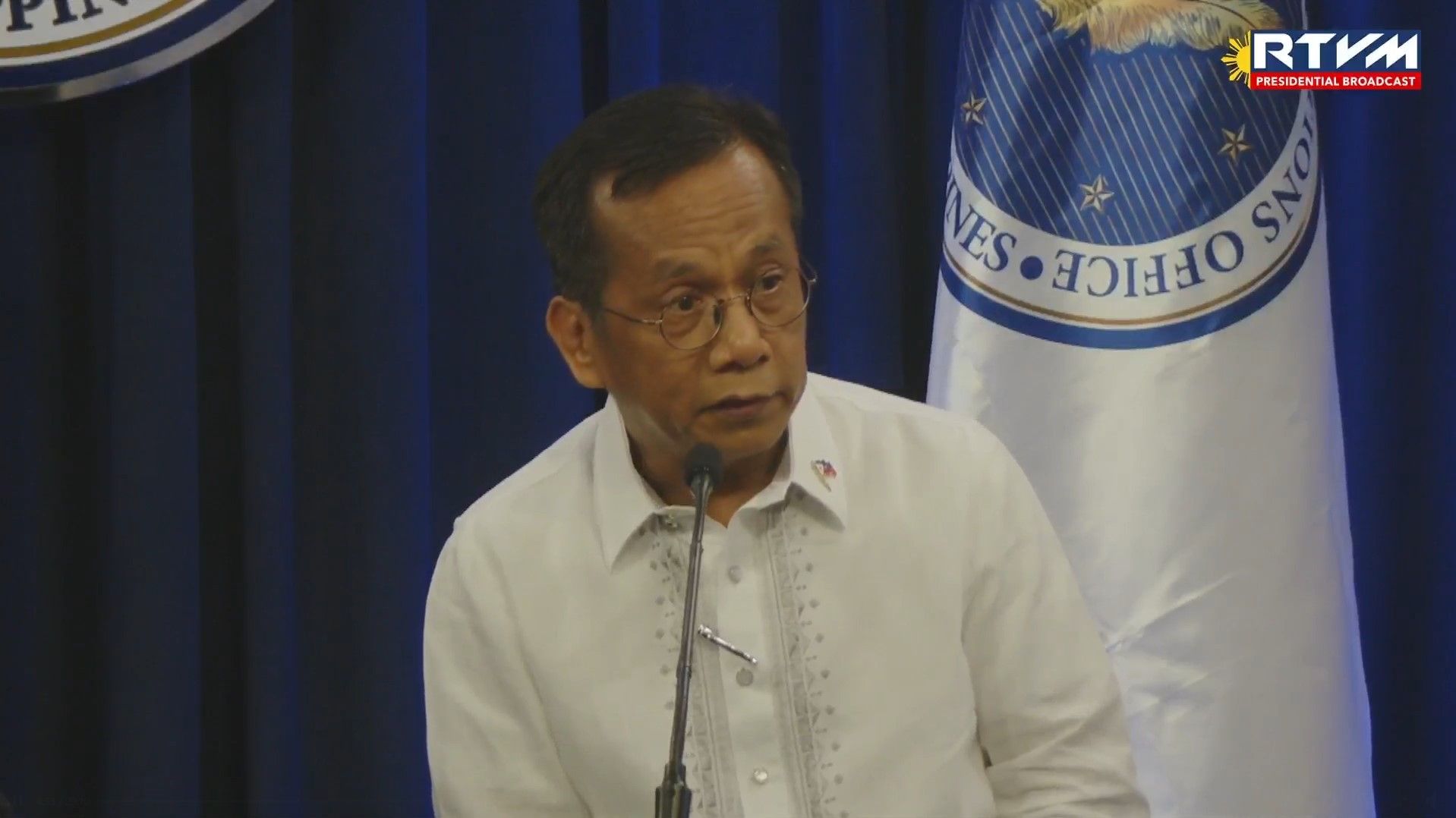Political noise has no impact on economy, says NEDA chief

MANILA, Philippines — Addressing concerns about the potential negative impact of the increasingly volatile political environment on the economy, National Economic and Development Authority (NEDA) chief Arsenio Balisacan said it remains business as usual.
During a press briefing in Malacañan Palace on Thursday, Balisacan was asked about how the worsening political bickering has impacted the country. Balisacan replied: “ it’s business as usual for us.”
“I don’t think that these political noises would have any impact on the economy. What is important is that our economic policies—the policy directions are sound and sustained,” Balisacan said.
Vice President Sara Duterte made headlines worldwide when she bared plans to have President Ferdinand Marcos Jr., First Lady Liza Araneta-Marcos and House Speaker Martin Romualdez killed if she died.
“We are so focused and ensuring that the goals and targets and strategies that we have outlined in the Philippine Development Plan will be achieved. And that’s what is important for the broad public to signal that the economic momentum is sustained,” Balisacan added.
Even if there was an impact, Balisacan said it would be “minimal.”
As long as the Philippines sticks to its current economic policies, the business community will retain its confidence in the country’s growth.
Department of Trade and Industry Secretary Ma. Cristina Aldeguer-Roque said that business leaders she has spoken with have not mentioned the recent political noise.
“There are a lot of investments that are coming in and we are pursuing those investments. So, they haven’t mentioned anything yet about these things that are happening in our country,” Aldeguer-Roque said.
The Philippines was recently able to upgrade its credit rating from stable to positive, as per S&P Global Ratings.
Balisacan said this development proved the Philippine economy remains unaffected by political upheaval. S&P has retained the Philippines’ credit rating at BBB+ for long-term and A-2 for short term, but Balisacan said the Philippines can improve this.
“We are looking to an ‘A’ rating in the next 24 months and with that comes, of course, a much more positive picture for the economy particularly in relation to access to credits, to the custom credit by both the government and the private sector,” Balisacan said.
Having an A rating means the country is a prime borrower, and that the capital cost in the market will be cheaper compared to countries with a lower rating.
- Latest
- Trending


























